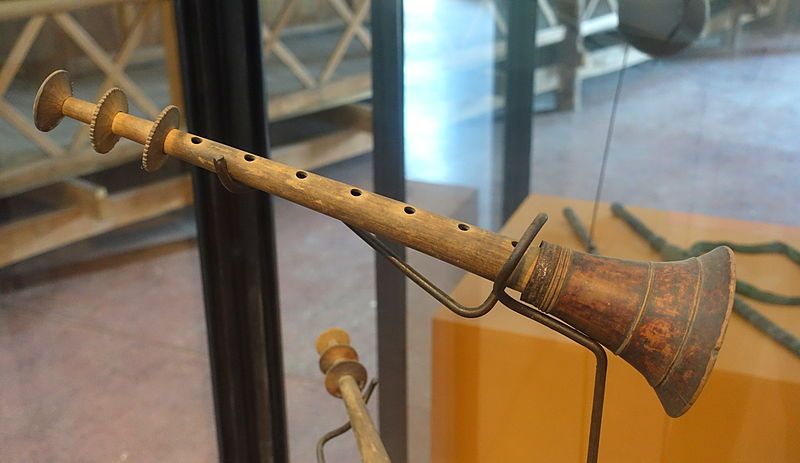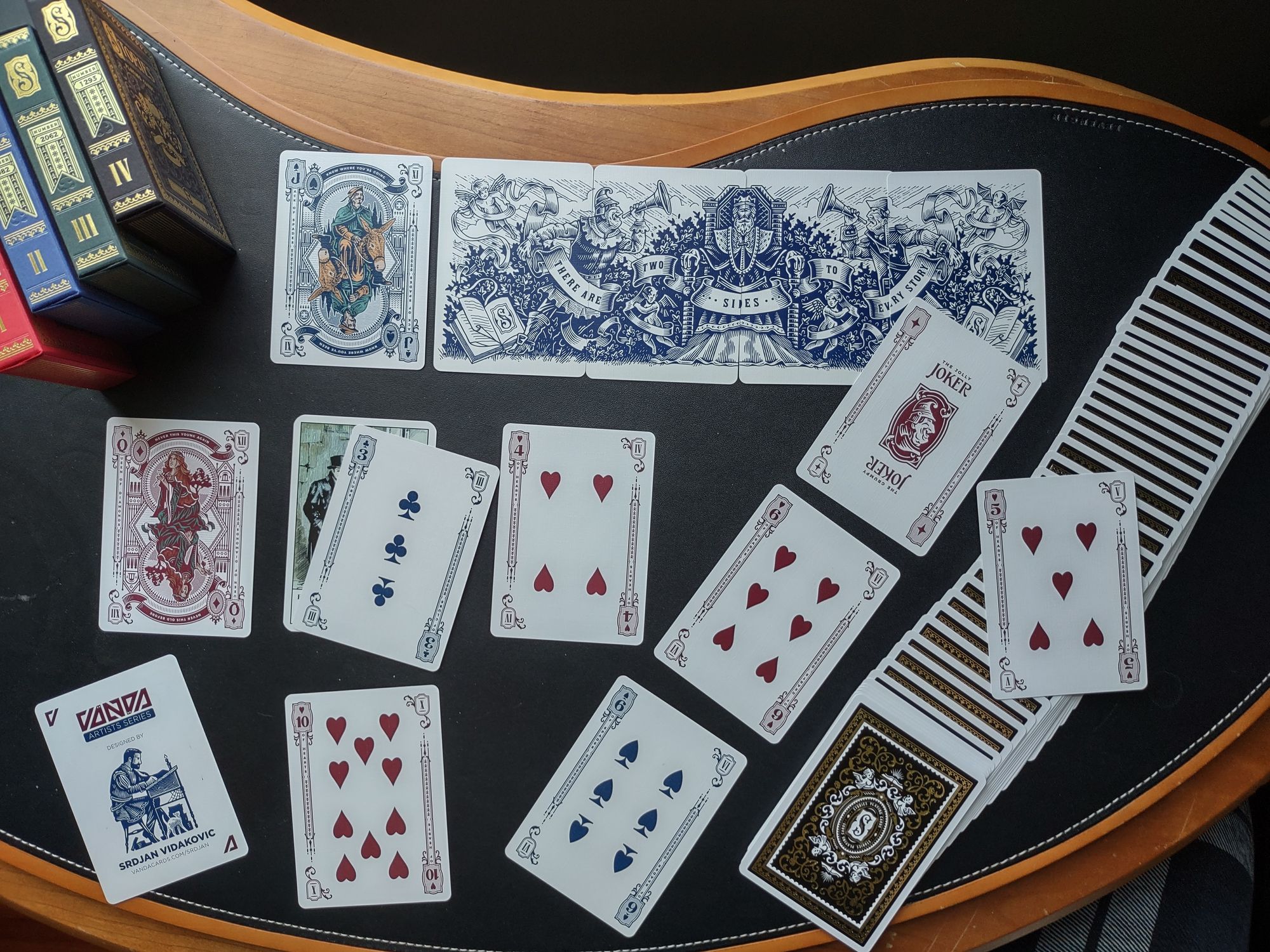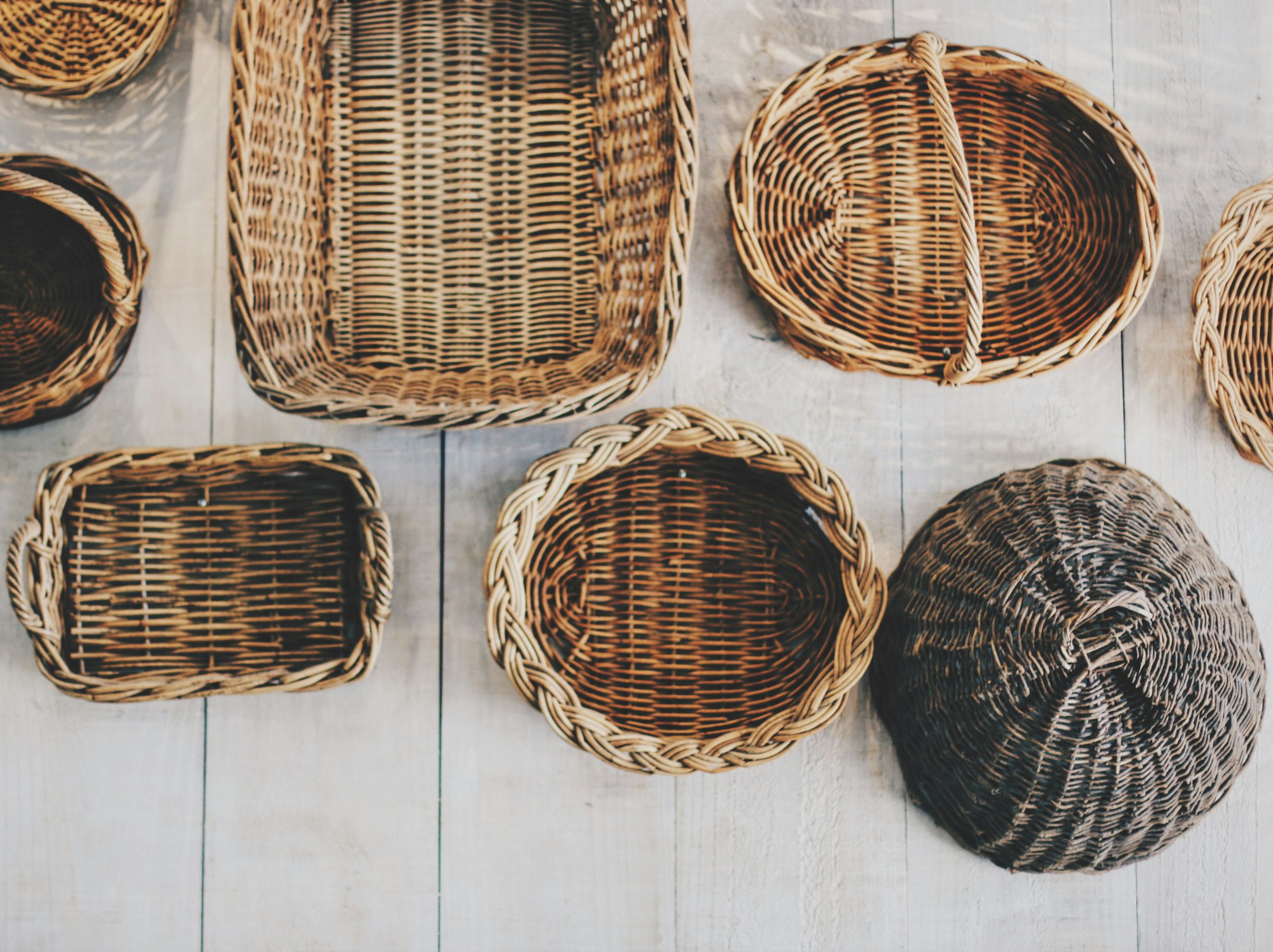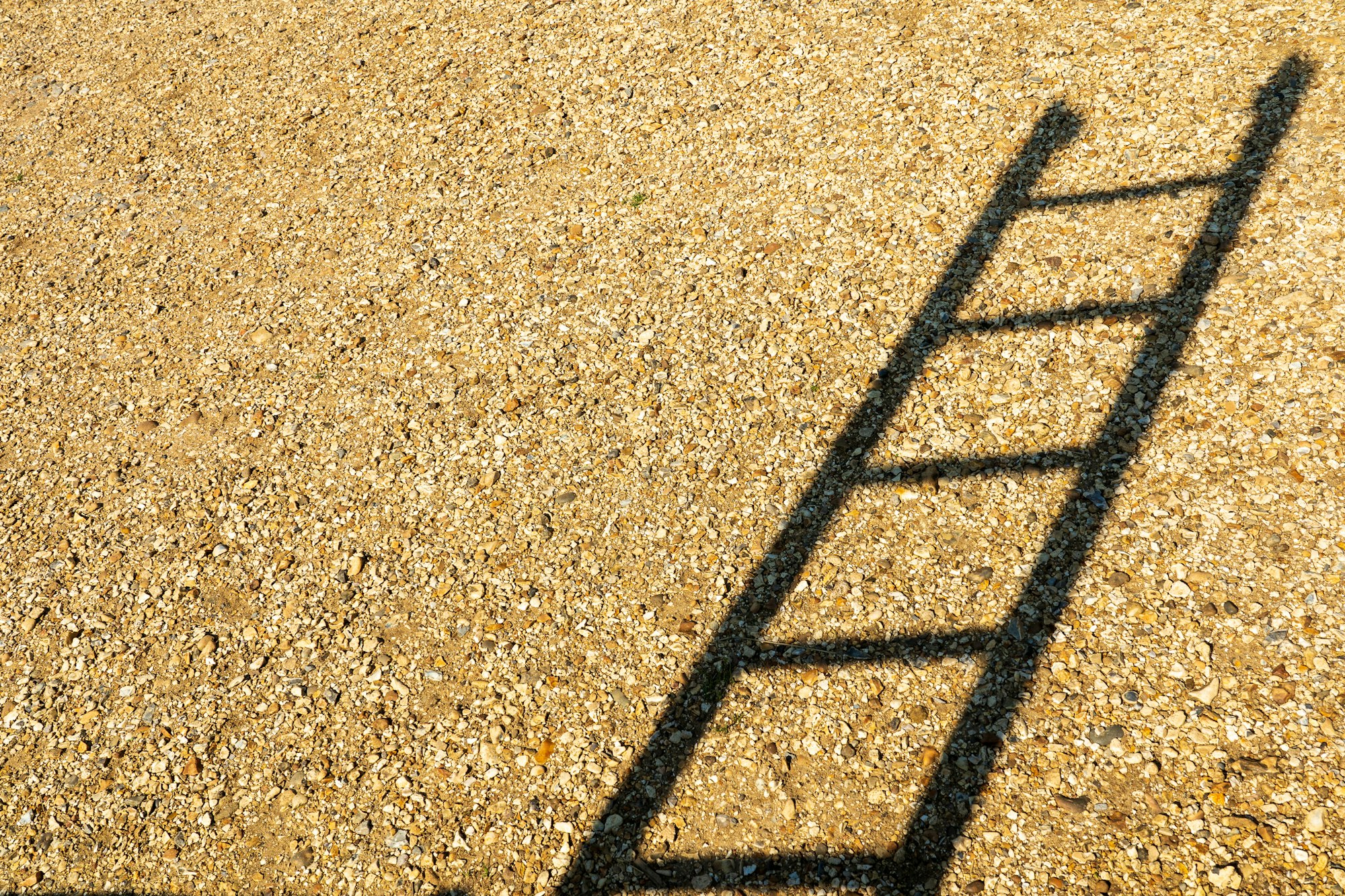X: Shawm
Just get out ya seat and jump around.

Good morning. Today is décadi, the 30th of Messidor, Year CCXXXI. We celebrate la chalémie, an instrument played by shepherds to get their animals to follow.
You've probably seen a painting of a shepherd playing an instrument at some point in your life. They motif was a highly popular shorthand for the romantic notion of pastoral life, and is based in the reality of shepherds often fashioning or owning reed instruments to keep themselves amused and make loud, recognizable noises for sheep to follow across great hilly distances. The association was so strong, the Greeks wrote a myth to explain it, and along the way incidentally grappled with their culture's constant tension between partying and studying. (A tension that can be summed up with the phrase "Greek life" on any college campus to this day.)
First, the myth. Marsyas was one of those satyr guys with goat hooves and a forest lifestyle, and like Pan, he had his own instrument. His happened to be a forebearer to the shawm: the aulos, which was really a pair of double-reed pipes sometimes attached to a sheep bladder for making a louder and more sustained noise. In that sense, it's both the ancestor of the oboe and the bagpipe, and was used in Greek society the ways those two instruments are used today. Some aulos players would specialize in delicate, impressive music using only a single woodwind, and became famous companions of wealthy and important men. Others were captives from vanquished armies forced to bellow loud bag-powered horns while they marched alongside the army in order to terrify the oncoming foe.
Marsyas played just the double auros, essentially rocking two oboes at once like a show-off jazz musician during go-nuts solo time, and he did so purely for the pleasure of making a ruckus for everyone to party by. DJ Marsy-Mars was hardly humble, and definitely horny, so he challenged the god Apollo to a musical contest in which the winner could "do whatever he wanted" to the loser. Marsyas saw this as a win-win, as he assumed that if the god beat him, he'd just have a night to remember.
Apollo brought his lute, and he won of course. Instead of tossing Marsyas into the hay, he tied him up to a tree and had him flayed alive by birds. This formed the eternal moral of seemingly every Greek myth: if you see a god, don't stick around to see what happens next, just run away.
The lute – and Apollo – were strongly associated with knowledge, as the skill necessary to play the instrument with fast and nimble fingers was clearly on display and seen as a sign of smarts compared to the seeming "blow hard and hope for the best" technique of the auros. (Of course, anyone who's played a woodwind, especially a double reed, can tell you that there's way more to it than that – can you do circular breathing? – but it's all about appearances in Ancient Greece.) Also not helping the auros' cause in polite society is that a lute sounds like angels and an auros sounds like a goose trying to make a political point.
Despite the victory for knowledge, reason, and ordered living, Marsyas and his merry band of noisemakers were a popular motif on drinking cups, showing that taking an L in the service of a party has really been a W since way before the Beastie Boys said it best. Marsyas threw a rager, the cops showed up, and now his mug shot is legendary, passed among the freshmen to be hung in their lockers as a secret rebellion against the dean.
The shawm that evolved from the auros came in two flavors: indoor and outdoor. The indoor versions were finely tuned to different registers, and bands of multiple shawm players would join chamber musicians in the renaissance era to provide jaunty dance music that was not too jaunty to dance to in your fanciest clothes. Then there were the outdoor shawms made for throwing a great deal of noise over a great deal of space, the thumping subwoofers of the early music era. The Germans had a version called the rauschpfeife, which literally translates as "noise pipe." The Italians called the same little guy a schreierpfeife, "screaming pipe." You get the idea.
Bagpipes are the closest commonly-used instrument in terms of noise to the outdoor shawms celebrated by the calendar, but even they have a bit more a sedate profile, with finely tuned drone notes providing a lush, if buzzy, backdrop for a clear pipe. If you want to know what shawms sounded like in the heat of the party, just think of that high-pitched squeal at the start of every bar of House of Pain's "Jump Around"...
Today's card: 5 of hearts

The end result of all this hard work will simply be a return to the balance of our personal lives, a reset and, eventually, a forgetting / forgiving of our wild actions this past month. And honestly, isn't that the point of any hero's journey? To return home slightly changed but otherwise restored to the same place so another journey can begin tomorrow? Speaking of, we have a new month around the corner to explore...



